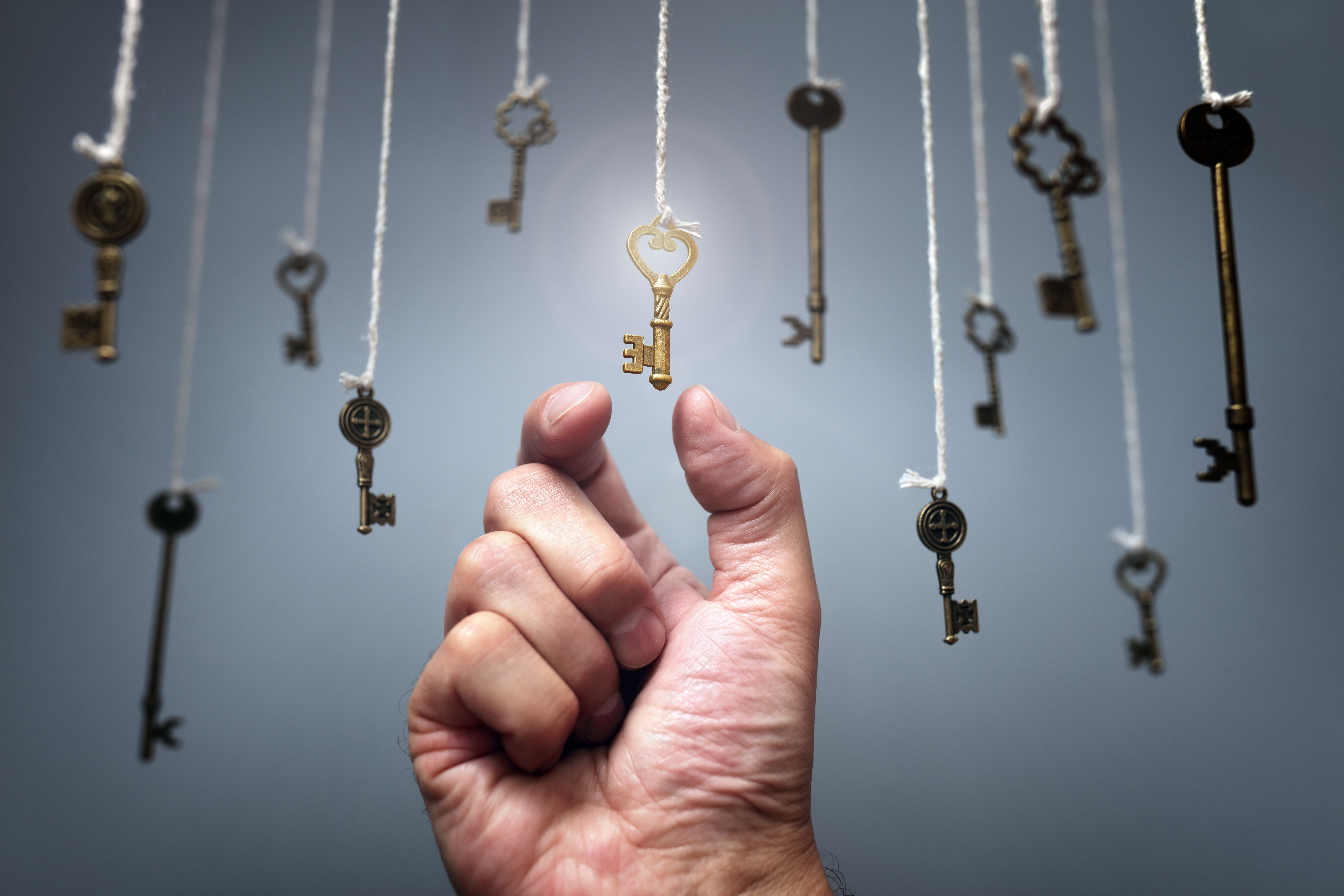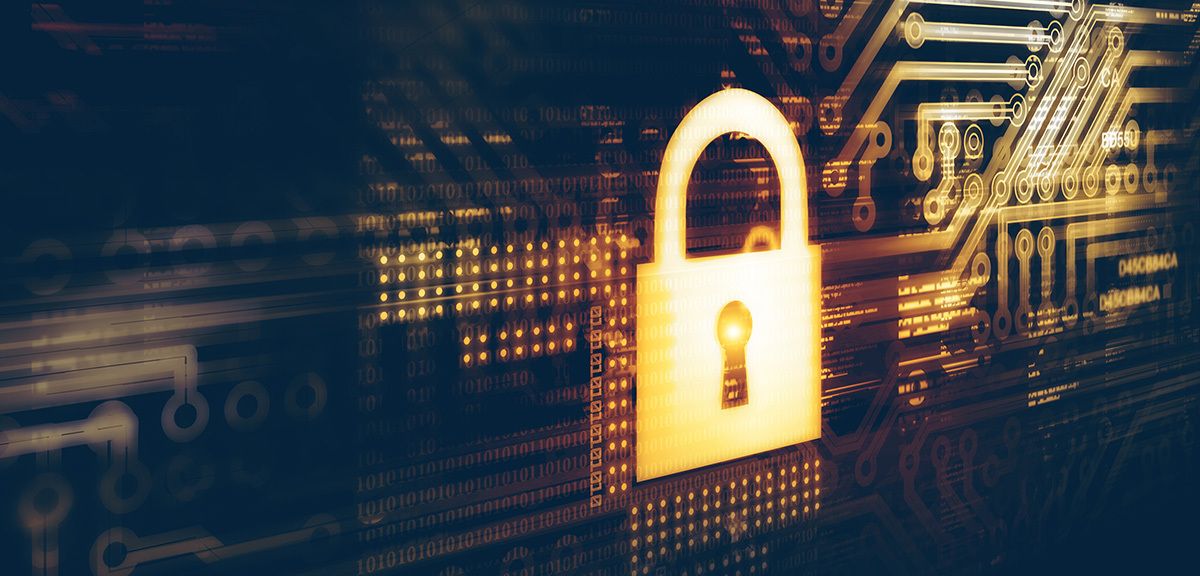Honoring the Code Talker, Alfred Newman
Author: Tim O'Connor
This piece is honoring the hero, Alfred Newman.
Alfred Newman passed away yesterday at the age of 94. Mr. Newman was a key part of something extraordinary. He contributed to a tool more successful than the most powerful encryption systems of his time and so well designed that even great geniuses like Alan Turing could not assuage it.
Mr. Newman was a Navajo Code Talker.
The commonly misunderstood fundamental power of the code talkers is in the fact they did NOT communicate using encryption.
As I read article after article today about the great service to our country provided by Mr. Newman, I find that many say he encrypted messages during the Second World War using his knowledge of the Navajo language. That is not true. Most of the encryption systems used by the U.S., Germans and their allies were compromised, including the famous Enigma system.
Mr. Newman and his hero comrades were not Encryption Talkers; they were Code Talkers.
The difference in name is actually a big deal. Encryption works using an algorithm and relies on at least one piece of shared information called a key. When using a code, we don’t encrypt the information and there is no need to securely pass or store a key. Codes generally operate on semantics, the MEANING of things. Ciphers (encryption) do not involve meaning; they use mechanical or algorithmic functions.
To break an encryption system you only need to steal or create keys that work with the encryption algorithm. But to break a code, in this case Navajo, you need to learn a new LANGUAGE which is potentially far more difficult.
The WWII Navajo code talkers are true U.S. heroes. Less famous but just as important are the WWI code talkers of the Cherokee, Choctaw and Comanche tribes.
Ironically, all of these heroes were able to serve our country because they disobeyed the 1887 Indian Affairs law that forbid schools on Native American Reservations to teach or allow the use of native languages.
Let us hope that we can continue to honor and learn from one of the greatest generations and use this knowledge for a better future.



